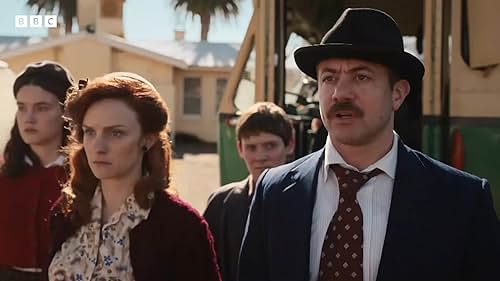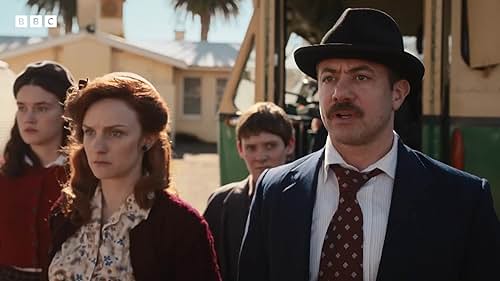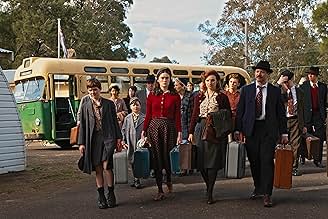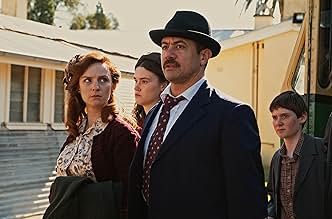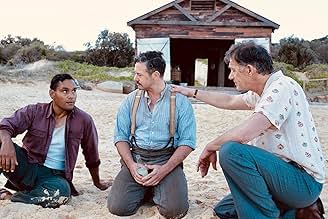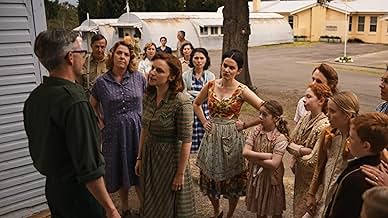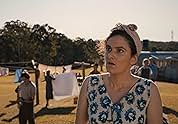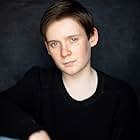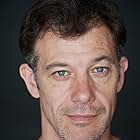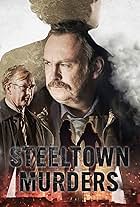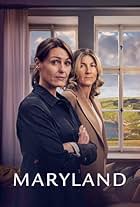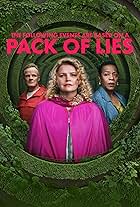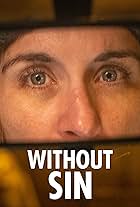With a British family setting off to start a new life in Australia in the mid-1950s at the centre of the story, the audience is soon introduced to more characters whose lives intersect at the camp where the family are settled on arrival ("like a prisoner of war camp", says Terry, father of the family and a man haunted by his experiences as a soldier during the Second World War). In no time there are half a dozen story strands to follow.
This sense of urgency to have us galloping along with the narrative is presaged by having no scenes taking place on the three-week journey to Australia and with the voyage mentioned only for expositionary purposes. There is a jolting sensation as we see the family embarking upon the ship in the UK and in the next scene they are setting foot on Australian soil, where we are given a rather heavy-handed introduction to ideas central to the narrative.
Our family are soon experiencing culture clashes - British and Australian, white Australian and Aboriginal - while they try to find their feet, with themes of self-identity and self-discovery thrown in. However, none of these themes are explored in any depth and the story lines are no more than you might expect in a soap opera.
Fay Marsay wins our sympathies as the mother trying to be strong for her family, especially when her husband, played with sensitivity by Warren Brown, is weakened by the demons that plague him. But elsewhere, characters are too two-dimensional to evoke any real interest.
It's clear from the final scene that creator, Daniel Brocklehurst, has an eye to a second series, but while I was reasonably entertained by Ten Pound Poms, I don't think I was entertained enough to be going back for more.

